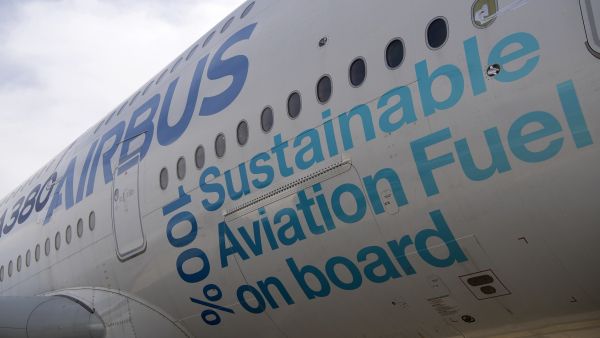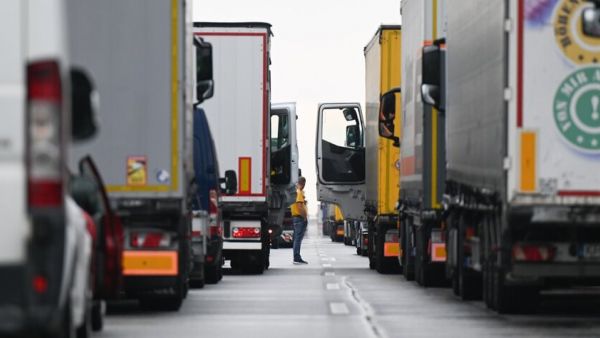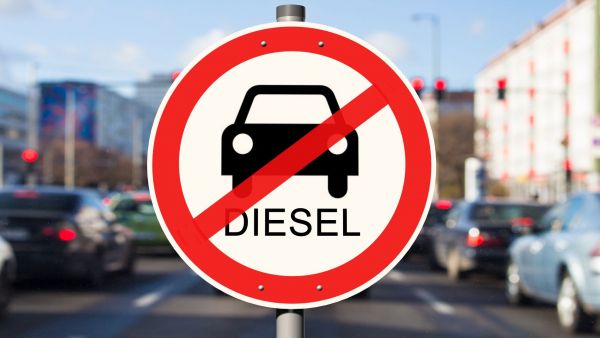The Socialists and Democrats achieved a major victory for the connectivity of the EU with the deal reached last night on the updated guidelines for the trans-European transport network between the different political groups in the European Parliament, the member states in the Council, and the European Commission. The so-called TEN-T regulation is the backbone of the EU legislation in the field of transport. The deal from last night will make the implementation of trans-European transport projects of key importance possible by the end of this decade, while taking into consideration the green and fair mobility for all citizens and regions in the EU.
Isabel García Muñoz, S&D negotiator in the European Parliament's committee on transport and tourism, said:
“We had to put an end to bottlenecks and improve the fluidity of freight and passenger traffic, especially in cross-border regions. That’s why we needed an update to the existing rules dating back from 2013 and we achieved it last night. Cities will have to adopt sustainable urban mobility plans with two major goals – increasing the speed of travel from point A to point B for millions of European citizens and reducing the impact on the environment of this daily activity.
“Access to transport has to be equal for everybody. Vulnerable groups, like people with lower income, as well as those with reduced mobility or disability should also have easy access to transport infrastructure in the EU. Another important achievement for our Group is the inclusion of provisions to ensure better social conditions for transport workers.
“Our Group insisted the TEN-T should reinforce the green transition in all modes of transport. We succeeded in including the geostrategic importance of ports, which will now have a crucial role in the energy transition as hubs for renewable energy production and storage. The deal from last night will make a better connection of maritime ports and airports together with an increased railways capacity possible. For the first time, member states will have to ensure the construction of safe and secure parking areas in the road network, which will contribute to improving road safety and social conditions of transport workers.
“All of this was made possible with the help of the Spanish Presidency of the Council of the EU, where we, the Socialists and Democrats in the European Parliament, had a really committed partner in the negotiations for a better, green and more accessible transport infrastructure for Europeans, their economic well-being, and security.”










